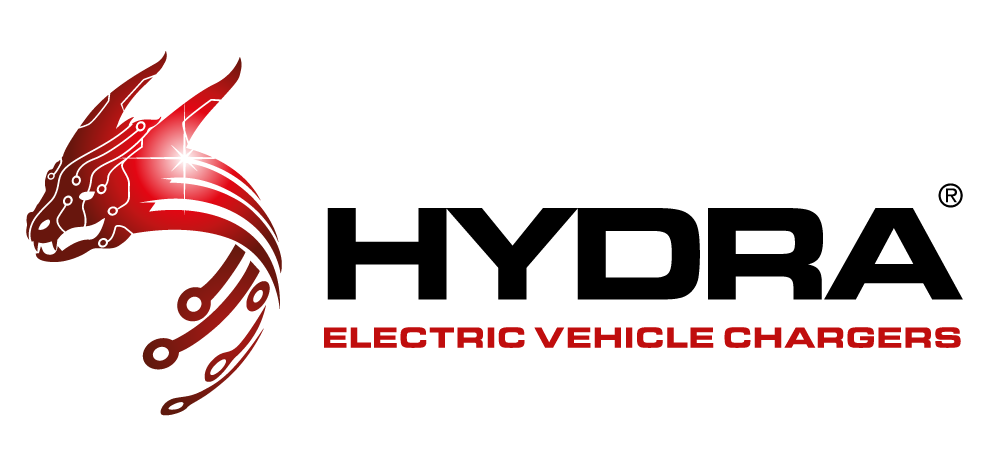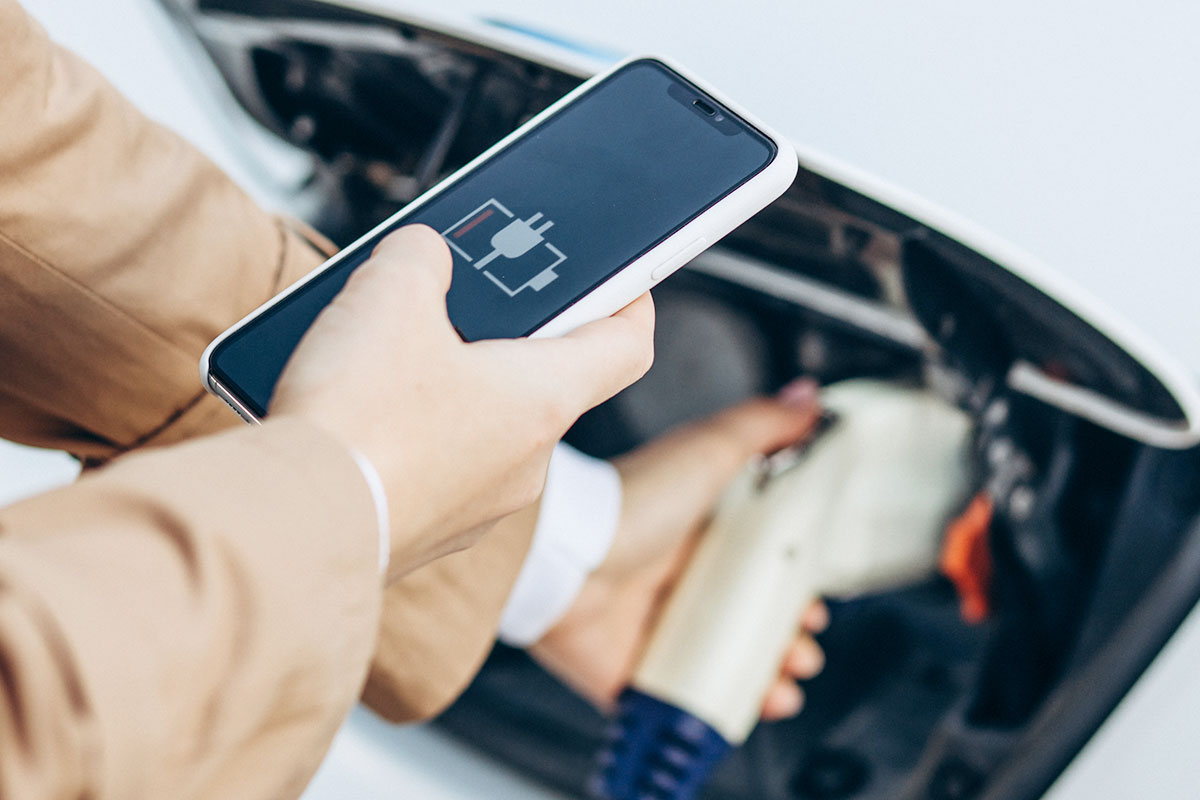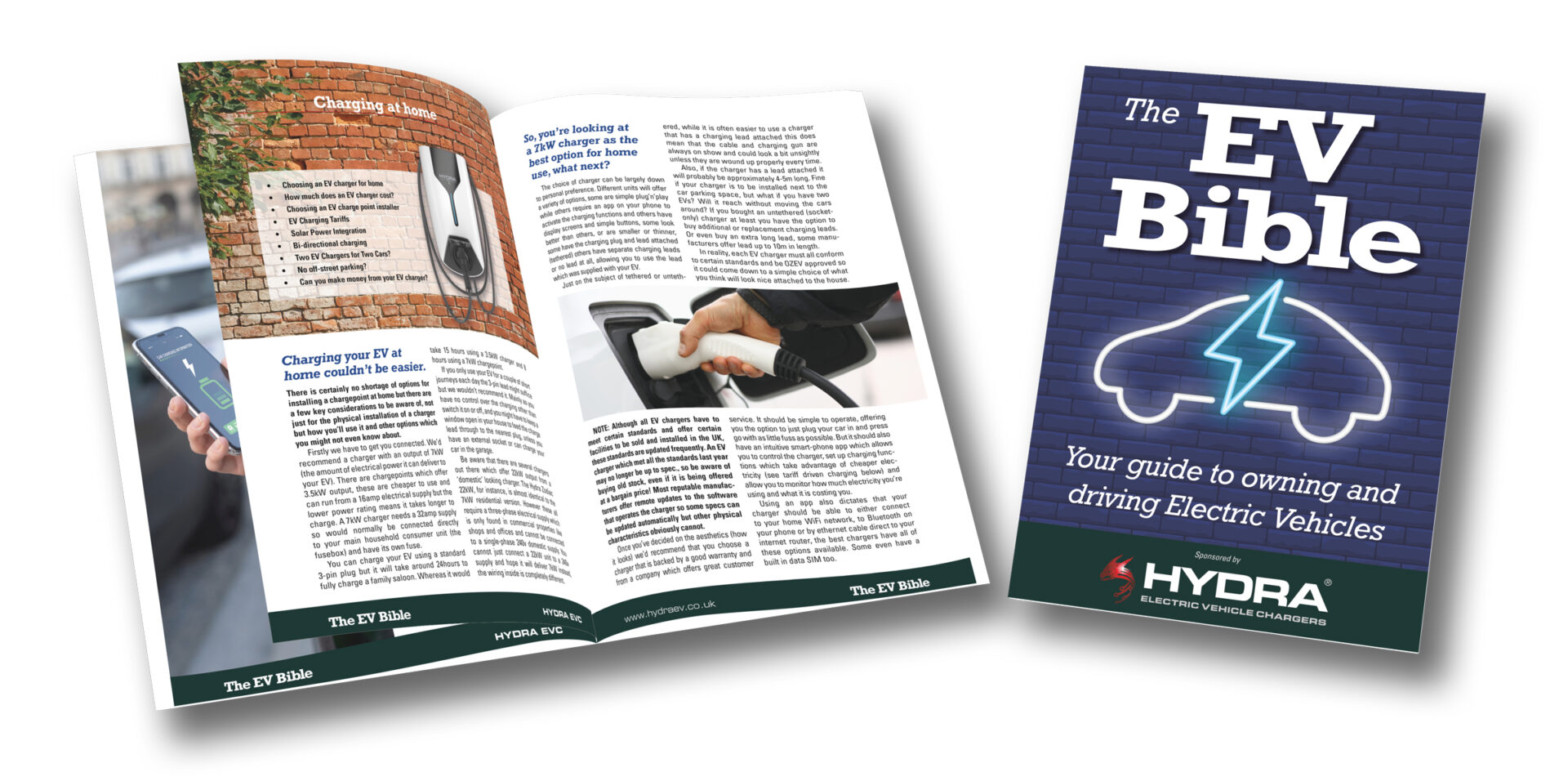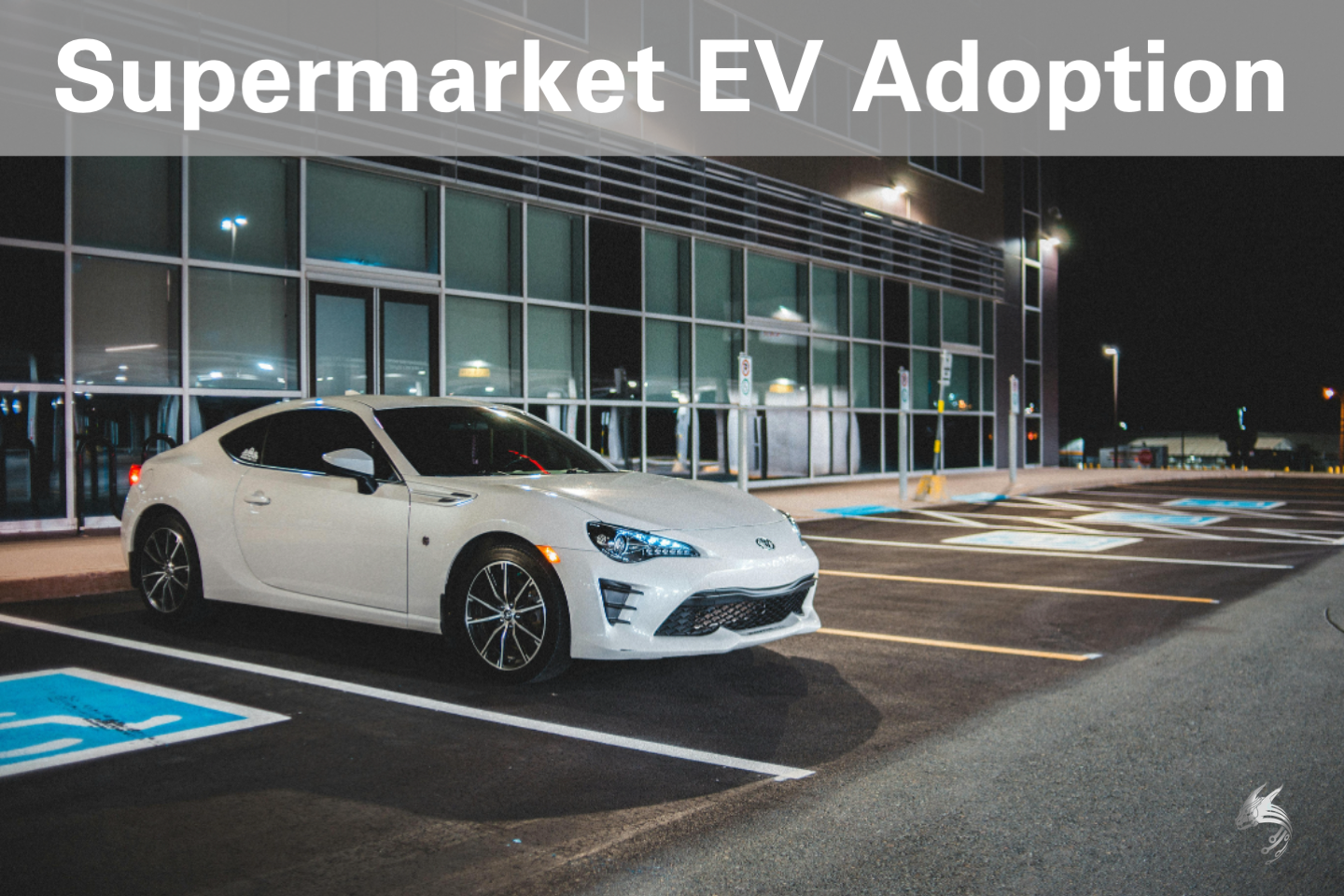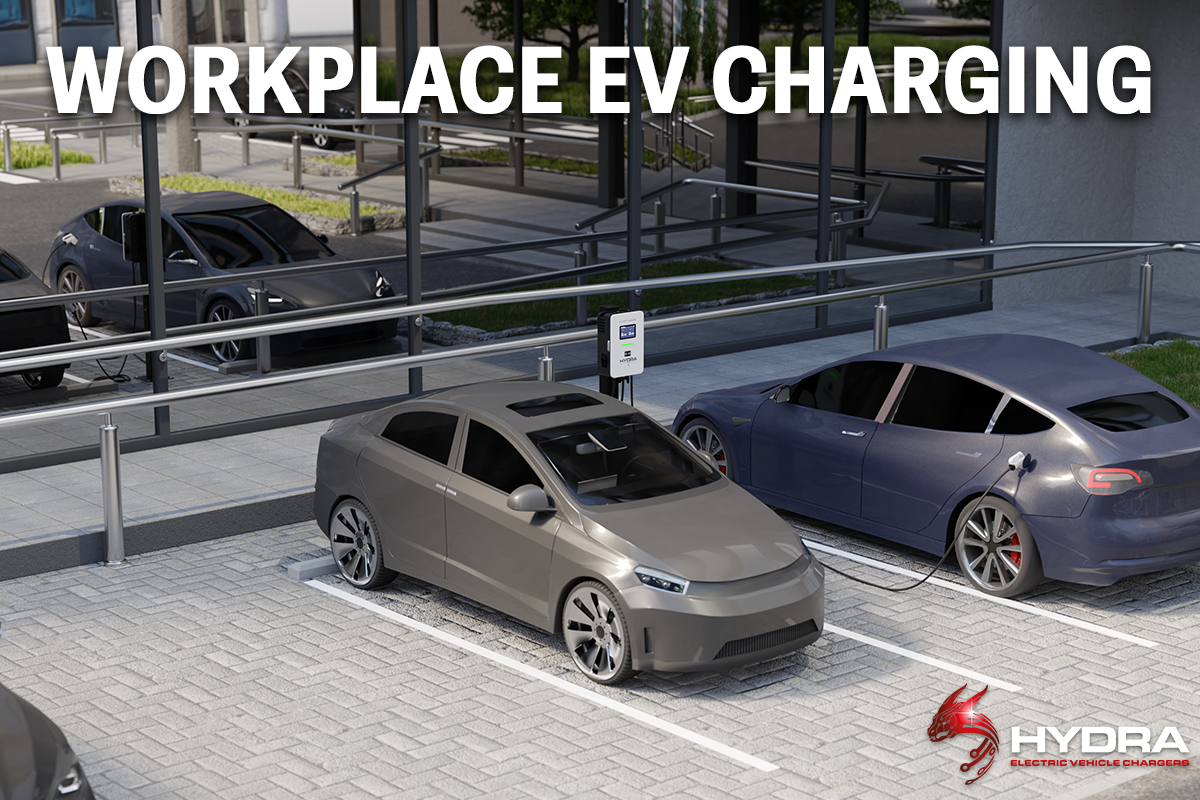The Electric Vehicle (Smart Charge Points) Regulations 2021 will come into force on the 30th June 2022 and will affect all new chargepoints installed after that date.
These regulations introduce several new features which EV chargers must have, most of which are intended to safeguard the draw on the National Grid and ensure the end user is protected.
Off-Peak Charging
Many EV drivers prefer the simplicity of plug’n’Play when it comes to charging their car. Just plug in the lead to start and unplug to finish charging. However from July, all EV chargers will default to off-peak charging. So even if you plug your car in during the afternoon, it will not commence charging until off-peak electricity hours. This obviously has the added benefit of costing you less money if you have an energy tariff which charges more at peak hours.
Don’t worry, though, this can be overridden, so you will be able to still charge your vehicle during peak hours if you need to. It is just the default setting for EV chargers.
Randomised Delays
To accompany the setting which defaults to off-peak charging there is an additional safety feature which randomises the time the charge actually starts. This is to prevent a peak surge on the power network when off-peak charging kicks in. The charger will start at a random point within the first 10 minutes after peak hours end.
Enabling Demand Side Response (DSR)
DSR is a procedure for the National Grid to send a signal to sites that draw high levels of power. The automated signal requests an increase/decrease in the load to compensate for dips/surges in power supply.
Other requirements:
- Smart Functionality – EV chargeers must be able to send and receive information via a secure communications network (OCPP compliance).
- Electricity supplier compatibility – The smart functionality of an EV chargepoint must continue even if the owner switches electricity supplier.
- Robust WiFi/4G network access – The charger should continue to charge an electric vehicle even if the comms network fails for any reason.
- Metering – The EV chargepoint must accurately measure electric usage.
- Reporting – Every charger sold must be recorded by the retailer including details of its make, model, software version, date of sale, etc.
IMPORTANT: The Government has recognised that many manufacturers will already have units in the supply chain which may not meet these new technical requirements. It has stated that the sale and installation of these non-compliant can still go ahead on the understanding that software or firmware updates can be installed during the installation and commissioning process. All Hydra EV charging units are able to be updated remotely so will be compliant with no further action required by the end user.
For more information go to: Gov.uk
